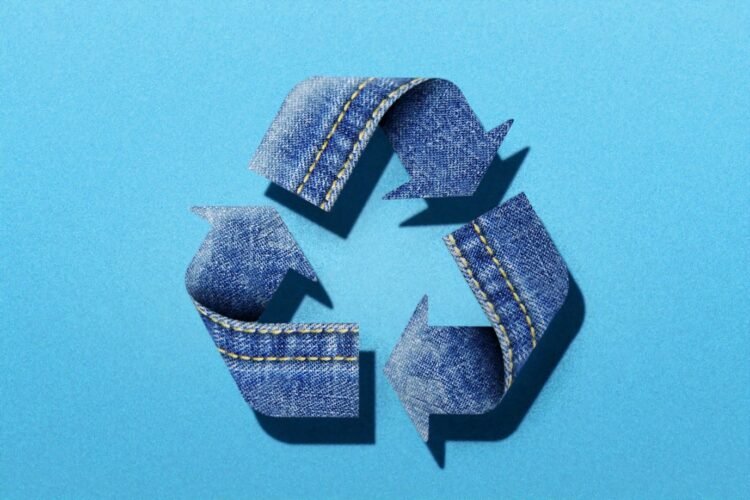It has more than 30 years since India has been seriously delving in the problem of waste and creating a notion of waste is gold , waste is wealth ,it creates destinies and acronyms like these have become a common parlour in the lexicon of our vocabulary. Why did we create such a mindset around waste when actually it is a cost and not a profit for many enterprise that has dealt with this or are dealing with it in India?
Well the idea of waste to wealth actually a western phenomenon and has been cleverly brought in our psyche to ensure that we Indian really feel the glamour for waste which is a very profitable venture and brings in loads of gold through clever tactics of circularisation of waste into value outputs like Compost fertilizers, granule, energy and electricity, eco bricks and even diesel.
This idea of waste converting into valuable commodity has long drawn the policy makers and thinkers of the waste management industry to the thought of games of the market and playing with the right bat to create extraordinary wealth and value for the society and for the enterprise.
The idea is highly debatable and polemic in content and comparison with the western world has to be treated with a pinch of salt.
The western world led by the USA Europe Australia and Japan clearly had a first mover advantage of handling waste management from the perspective of business profitability and sophisticated technological system. China did follow the suit due to longitudinal similarities with west. Some of the factors which enabled the west to make a profitable enterprise out of waste management was essentially the capabilities to convert waste into value like compost refuse derived fuel and eventually into electricity.
India had a diametrically different story in relation to solid waste management .With all good intentions India brought in the first waste to energy plant in 1985 almost at the same time as China and now in 2020 China has more than 434 odd plants for converting waste to energy and electricity whereas India is still struggling with less than 7 plants. The primary reason for the expansion of waste to energy idea in China has been utilisation of land and bringing the reduction of landfill through scientific energy conversion of waste. Albeit both India and China faced environmental impact resistance from these pressure groups.
Financial engineering in China with only 30 percent private funding required for waste to energy and the rest will be financed through subsidisation and bank loans up to seventy percent. India has also given 35 percent as subsidy for waste to energy however getting loan for this sector is arduous task from banks and NBFC. The other reasons for non-circularisation of waste into electricity is purely on the basis of higher moisture content of the Indian waste and the lower heat rate due to this technical factor. Obviously China also has low moisture and lower heating rate but has cleverly mastered the technology so to replicate this in all its major cities and towns.
In case India is able to get it technology right in the way to waste there will be a geometrical increase in wealth for both the private entrepreneur and the government. For the entrepreneur the return on investment will be exponential since the conversion into electricity will bring in a payback at the rate of thirty percent plus. Waste to energy require approx. 16.6 hectares of land and can save as much as 10000 hectares of land for the cities in India and government.
The other source of wealth or the perceived wealth are conversion of waste into compost or Jaivik khad. In India convincing the farmer to use compost manufactured from solid waste instead of fertiliser like urea DAP is very tough since farmers are well used to these fertilisers and are extremely reluctant to use compost even though they can increase the soil condition and make the fertility strong. The India government under the Swaach Bharat mission has even given a subsidy of Rs 1500 per ton for compost sold to the farmers This is good money realisation for the entrepreneurs and companies since cost of production of compost is ninety paise per kilo , so a profit of almost sixty paise per kilo for the entrepreneur .
Wealth can also produce through the sale of refuse derived fuel or green coal and conversion of plastic .waste into granules and diesel Few companies India like Ramky Hari Bhari and Jindal are producing refuse derived fuel which can be used by cement manufacturers as alternative fuel or AFR. Compared to western countries like Netherland and Sweden where more than 50 percent of thermal or coal has been replaced with alternative fuel like Refuse derived fuel. In India this percentage is less than five percent. Increasing this percentages can bring in wealth for the enterprise since the focus of waste conversion will shift to green coal or refuse derived fuel.
Another aspect of wealth creation can be through conversion of plastic which forms more than 6 percent of the total municipal solid waste. Presently most of plastic are going to the landfill and dumpsite. The majority of plastic waste are being controlled by the kabari community which sells the collected plastic to companies for sustaining themselves. How to really get the waste value chain to provide a source of wealth for this community. The plastic can be converted into diesel and granules and sold in market for use of boilers. Community partnership models can be created by the government to help them and ensure sustainability of the community and environment.






















